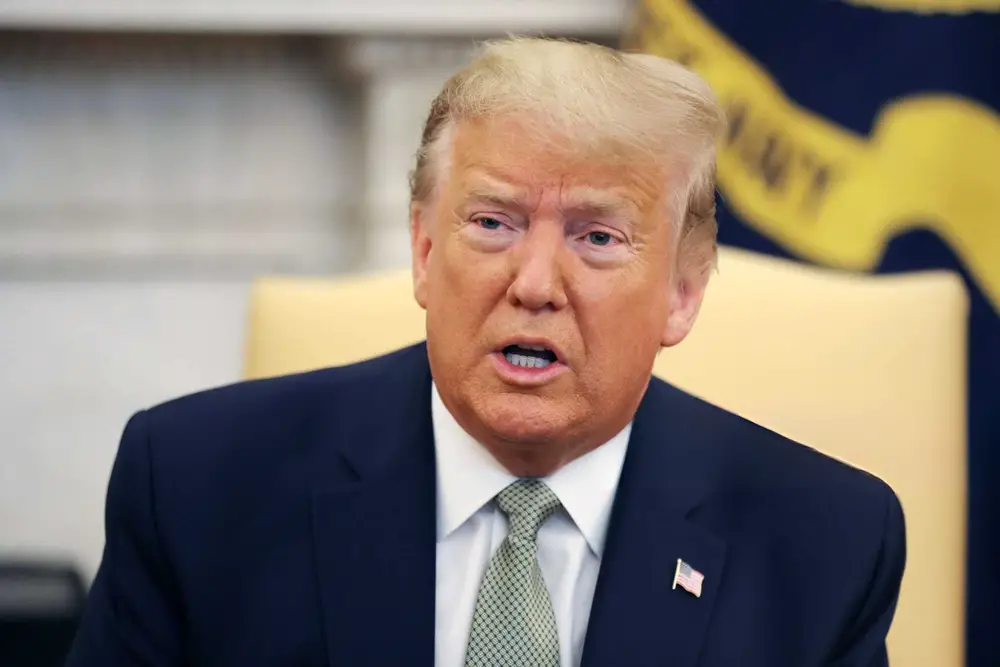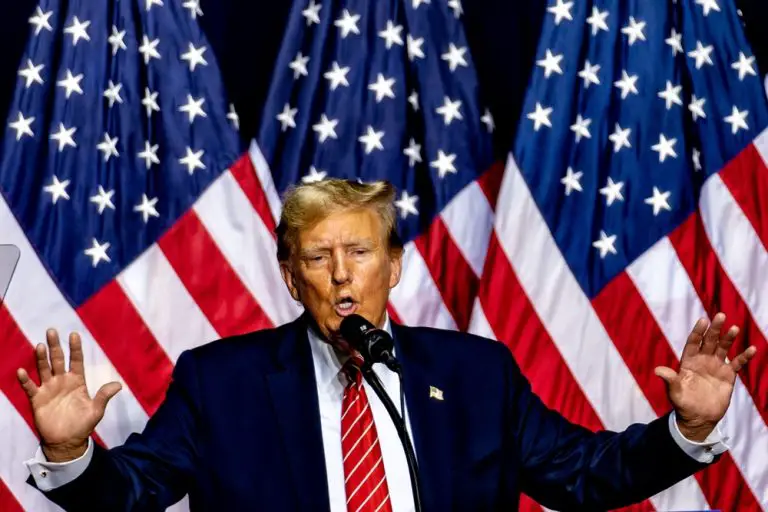Donald Trump has announced a sweeping new “reciprocal tariff” policy, imposing equal tariffs on any country that taxes U.S. imports. The move is part of his administration’s push for “fair and balanced trade” and could significantly impact global markets.
Under this plan, if a country applies a tax or tariff on American goods, the U.S. will impose an identical charge on their exports. Trump also stated that countries using a Value-Added Tax (VAT) system would be treated as if they were imposing tariffs, meaning nations like India, Brazil, the EU, and the UK could face tariffs as high as 29%.

The announcement has raised concerns about a potential global trade war. Mexico and Canada, previously targeted with a 25% tariff threat, have already retaliated with their own counter-tariffs, forcing Trump to issue a temporary 30-day pause. Economists warn that increased tariffs could lead to higher consumer prices and reduced international trade.
Despite the backlash, Trump insists the policy is “fair to all” and that countries wanting to avoid U.S. tariffs simply need to lower their own. With international leaders preparing responses, this latest economic shift could have lasting effects on global trade relations.




